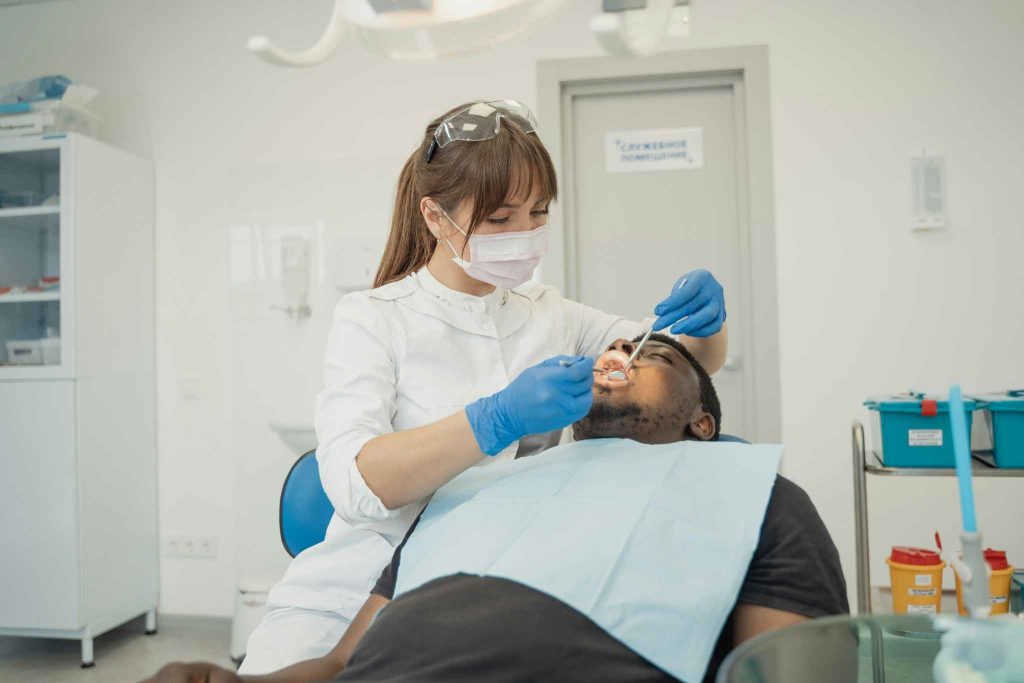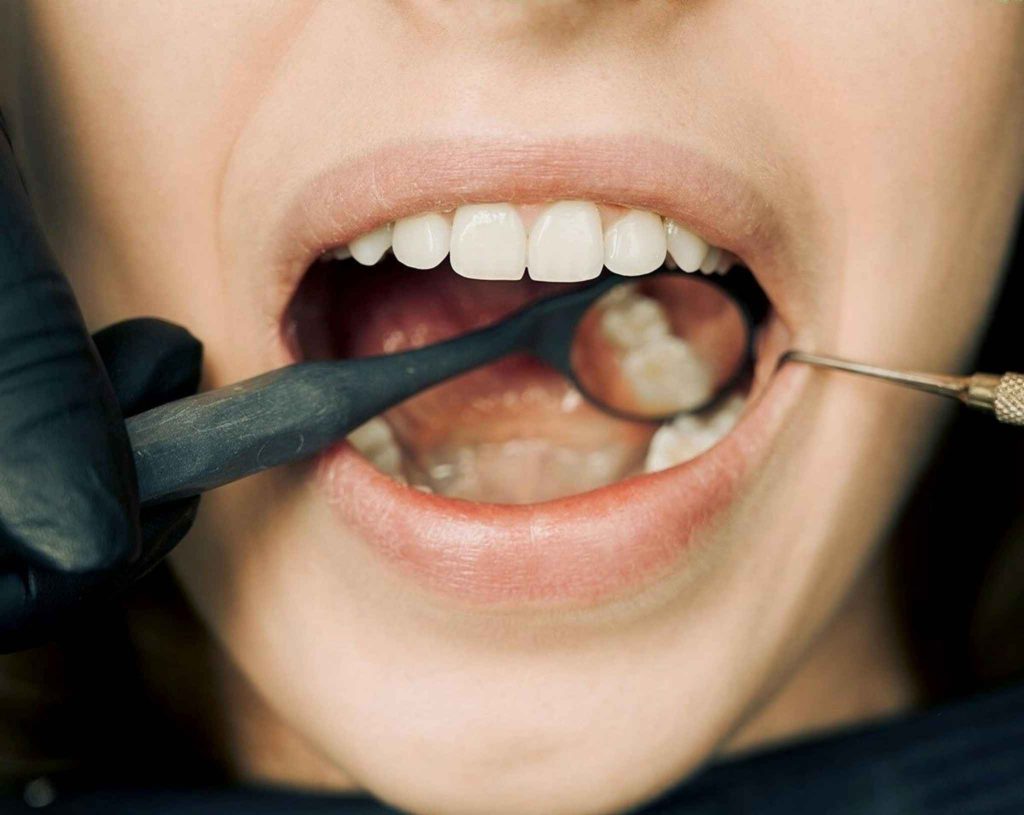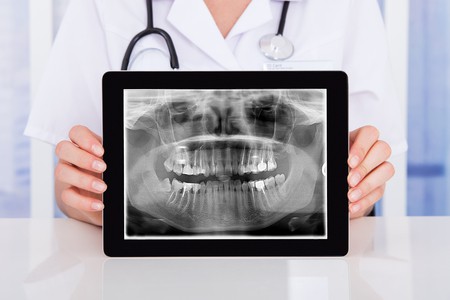Have you ever delayed a dental cleaning thinking, “It’ll be fine, I’ll just brush and floss until my next appointment”? The truth is, by the time you start feeling oral pain, severe damage may already be underway. We know busy schedules, cost concerns, and overall dental anxiety are common reasons for skipping out on your dental cleanings, but doing so sets you up for gum disease, progressive tooth loss, and, believe it or not, threats to your physical health. In this article, you will discover the real, often hidden risks of skipping dental cleanings, and we will demonstrate why preventive care is worth every minute and dollar.
1. What Really Happens When You Skip a Cleaning
We all know about plaque build-up, but why is it so important? Every day, the sticky film of bacteria accumulates on teeth. If you don’t have it routinely removed by your dental hygienist, it calcifies into tartar that only your official dentist can remove. What does this mean? Specialized treatment that costs more.
Skipping your cleanings lays the foundation for eventual gum diseases and gingivitis, which is shown through red, bleeding gums. If left untreated, it can turn into periodontitis. A severe oral infection that causes gum recession, bone loss, and eventual tooth loss.
If that hasn’t convinced you enough, other consequences include constant periods of bad breath throughout the day from bacteria breaking down stubborn food and plaque, and surface staining that dulls your smile. Cleanings are the only cost-effective and crucial way to prevent all of this from happening to your smile.
2. Long-Term Escalation: From Casual Skip to Major Issue
Ever heard of the 21/90 rule? To adopt a good habit, it takes 21 days to form it, 90 days for it to be permanent in your life. Well, the same can be true for bad habits. What starts as a convenient dental cleaning cancellation can turn into an indefinite decline in your oral health. Plaque and routine cleanings left unchecked increase your risk of decay and cavities, which progress to root canals, crowns, and even extractions if untreated.
When gingivitis advances to periodontitis, treatments become more invasive. What can this mean for you? Think scaling, root planing, and gum surgery. Many clinics out there don’t have the advanced tools necessary to ensure pain-free treatment, so this can only hurt you while costing you a lot more. Worst-case scenario, tooth loss follows, affecting your appearance, chewing ability, and, depending on your life’s priorities, a blow to your self-esteem.

3. Oral Health and Your Whole Body
What most people don’t know is that poor oral care doesn’t stop at your mouth. Inflammation and bacteria from gum disease will eventually enter your bloodstream and can contribute to clogged arteries, heart disease, and stroke.
Research has concluded that there is a two-way link with diabetes: gum disease can spike blood sugar levels, making diabetes harder to manage and harder to avoid long-term. At the same time, diabetes makes gum infections worse.
Respiratory infections can happen when oral bacteria are inhaled into the lungs, especially for older adults and those with weakened immunity.
Studies are also showing that pregnant individuals with untreated gum disease are associated with premature birth or low birth weight in infants.
The kidneys aren’t safe either: periodontal bacteria may worsen inflammation and strain kidneys that are already at risk.
Do yourself a favour, and keep up with your dental cleanings. It could save your life!
4. Why You Often Don’t Feel the Danger
A big problem doesn’t have to present itself to know it’s already there. Unlike many health issues, dental problems don’t cause pain until they’re serious. Regular cleanings and check-ups allow early detection of cavities, gum issues, and even oral cancer before symptoms start to show.
A quick cleaning involves exams, X‑rays, tartar removal, polishing, and, at the patient’s discretion, fluoride application. All protective steps that cannot be done at home.

5. The Cost of Waiting: Financial and Physical Toll
One major benefit of attending your scheduled dental cleanings is that it is far less costly and less invasive than the procedures you can face in the long term. One dental hygiene appointment can prevent numerous dental appointments down the line.
Looking beyond treatments, there’s the cost of the quality of life. Skip too long, and your oral health could negatively affect your confidence, eating/chewing, speech, and even your happiness.
6. How Often Should You Really Get a Cleaning?
The general rule of thumb, and as officially stated by the American Dental Association, typically recommends dental cleanings twice a year; however, this isn’t a strict rule, as some individuals require a different number of cleanings per year. At our clinic, we find that the best results stem from coming for your cleaning every 3 – 4 months. Your scheduled cleaning appointments should be based on individual risk factors like oral health, medical history, and lifestyle.
Patients who smoke, have diabetes, and have a history of gum disease must attend their cleanings every three to six months. If you fall in one of these categories, it’s very important to be open with your dental hygienist about your habit or existing conditions. It really does make a difference!
Conclusion
To conclude this article, skipping dental cleanings may seem harmless at first, but the risks you can incur to your teeth, wallet, and health are real and can be inevitable. From temporarily unknown disease progressions to links with heart disease, diabetes, and more, your mouth affects your whole body both physically and mentally. Don’t wait for pain to set in to go to your local dentist. Prioritize preventive care, tailor your cleaning schedule to your needs, and make dental visits a non-negotiable part of your lifestyle. In years to come, we promise you will look back and thank yourself for keeping up with your oral health.






